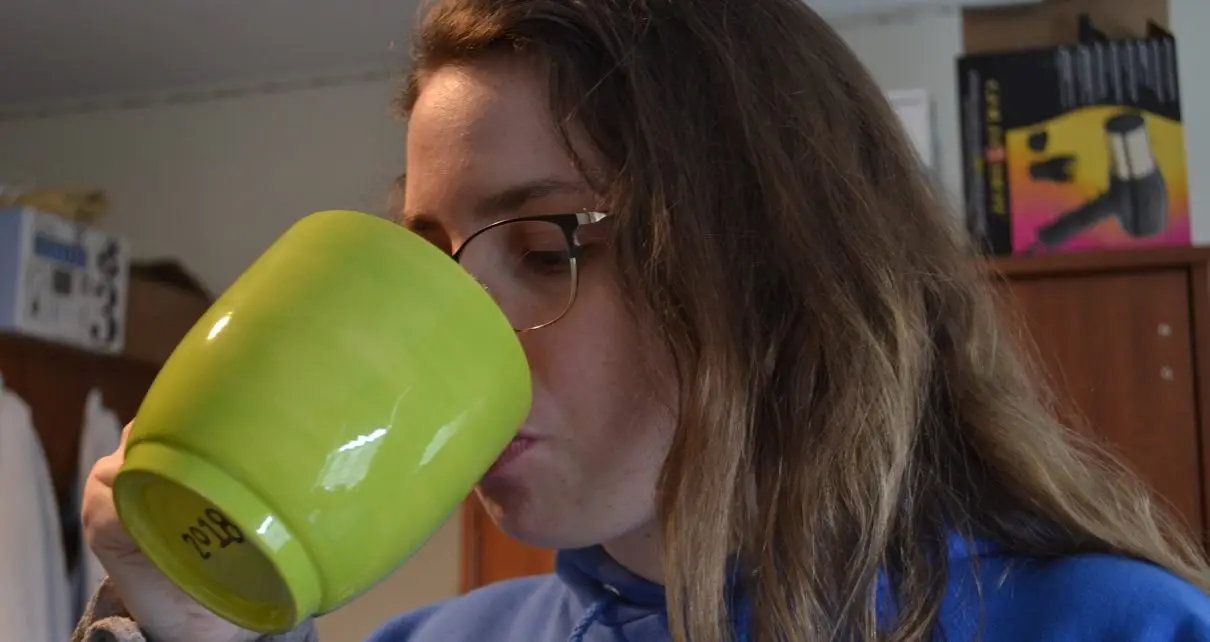It’s early in the morning and you feel like you hardly even slept. You take a shower and still can’t blink the sleep out of your eyes, but you definitely don’t want to fall asleep during your 8:00 a.m. class. You can’t have your professor call you out on that AGAIN.
So you hit up Starbucks and get a coffee.
If this sounds like you, you’re not alone. The 2018 National College Health Association conducted a survey that revealed only nine percent of college students in the 40 schools surveyed did not feel tired, dragged out, or sleepy during the seven days surveyed and 12.5% felt sleep deprived every day.
That wonderful 95mg of caffeine in a cup of coffee can make you feel ready to take on the day.
The science backs it up too. Caffeine raises the levels of adrenaline in your blood, waking you up in an instant. In fact, it’s often recommended that you drink a cup of coffee thirty minutes before a workout to boost your metabolism.
And it doesn’t end there. Coffee is chock full of antioxidants like vitamins B2, B3, B5, manganese, potassium and magnesium. It even reduces overall inflammation in the body.
But wait. Should you be drinking black coffee?
Specialty coffee drinks nullify any of the gains obtainable from coffee. A Starbucks venti iced white chocolate mocha, for example, runs over 600 calories. That’s enough to replace a meal. And the popular grande pumpkin spice latte clocks in at 380 calories. That’s not to mention the 13g of fat that comes loaded into the drink when ordered with 2% milk.
Eventually, that daily cup of coffee may become two, or three, or even more. Coffee dependency happens, and it’s pretty lucrative for the coffee industry, with purveyors charging as much as $5 for some drinks. But coffee itself isn’t actually addictive. According to WebMD, this myth perpetuates due to the withdrawal symptoms one experiences for a day or two after abruptly stopping caffeine intake. These symptoms include headache, anxiety, irritability and difficulty concentrating.
Perhaps the real issue at play is the lifestyles college students put themselves through. The coffee is a symptom for a bigger issue. Staying up late to cram for exams with a cup of coffee at hand is not sustainable. College students need to emphasize taking care of themselves through diet and especially getting plenty of sleep. With all those life factors in balance, enjoying a cup of coffee is a wonderful treat.




